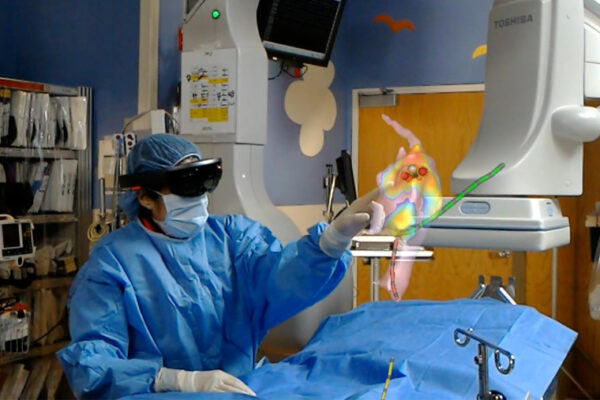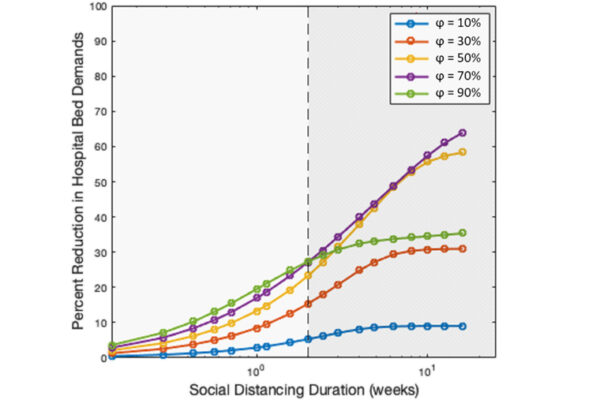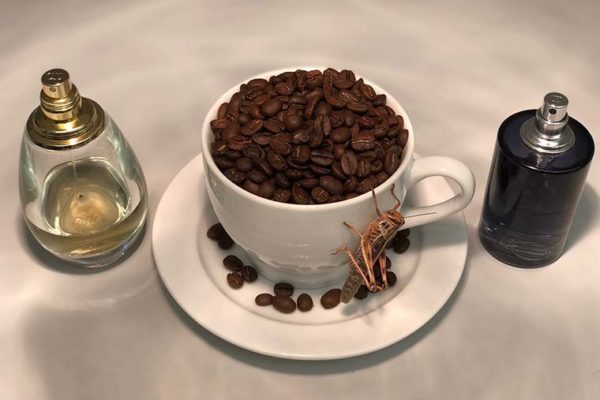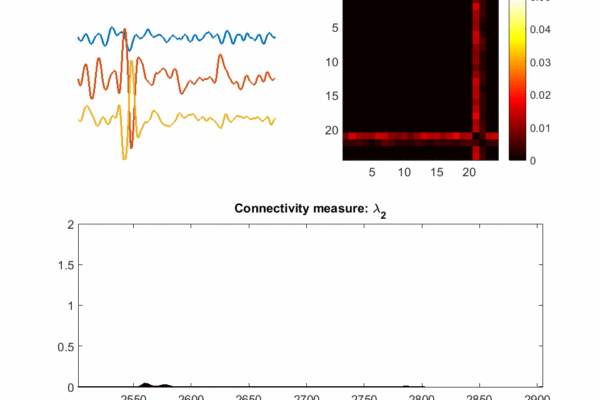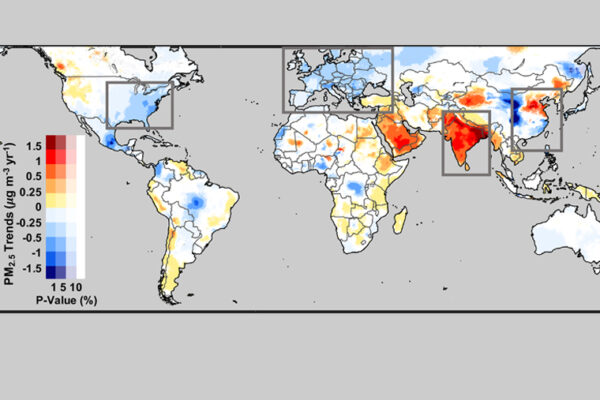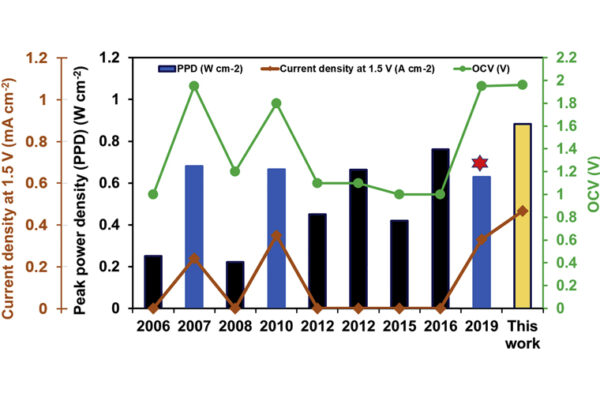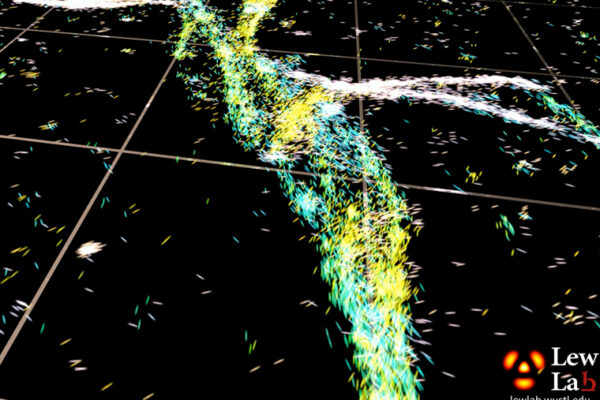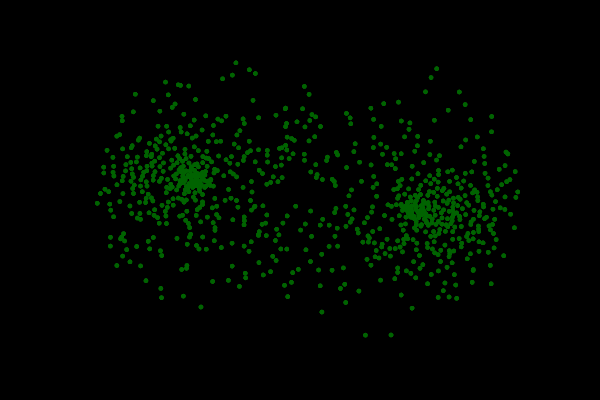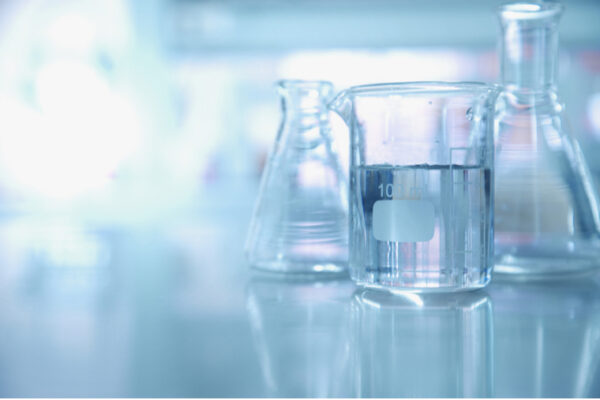WashU-developed holograms help physicians during cardiac procedure
A holographic display developed by researchers at Washington University in St. Louis improves physician accuracy when performing a procedure to treat irregular heartbeat.
Social distancing and COVID-19: A law of diminishing returns
Modeling from the McKelvey School of Engineering at Washington University in St. Louis shows how social distancing could have better been implemented. The key? Longer periods of distancing would have helped — but only to a point. More needed to be done.
Researchers focused on understanding virus transmission by aerosols
Nearly 240 scientists signed onto a letter urging the World Health Organization to recognize the airborne spread of COVID-19. Here’s what a signatory from Washington University in St. Louis has to say.
An emerging understanding of smell
Engineers at Washington University in St. Louis have found that a neural model based on the act of a bug smelling something showed emergent properties, properties similar to those seen in an insect’s antennal lobe, an important area for its sense of smell.
Artificial intelligence identifies, locates seizures in real-time
Research from the McKelvey School of Engineering at Washington University in St. Louis has shown that understanding brain activity as a network instead of readings from an EEG allow for more accurate and efficient detection of seizures in real-time.
Mapping pollution across the globe
Using recent satellite observations, ground monitoring and computational modeling, researchers at the McKelvey School of Engineering at Washington University in St. Louis have released a survey of global pollution rates. There are a couple of surprises, for worse, but also, for better.
Engineers develop new fuel cells with twice the operating voltage as hydrogen fuel cells
Engineers at the McKelvey School of Engineering at Washington University in St. Louis have developed high-power, direct borohydride fuel cells that operate at double the voltage of conventional hydrogen fuel cells.
New microscopy method provides unprecedented look at amyloid protein structure
A new technique developed in the lab of Matthew Lew at the McKelvey School of Engineering at Washington University in St. Louis measures the orientation of single molecules. It is enabling, for the first time, optical microscopy to reveal nanoscale details about the structures of these problematic proteins.
Silicon ‘neurons’ may add a new dimension to computer processors
Research from the McKelvey School of Engineering shows that energy constraints on a system, coupled with an intrinsic property of systems, push silicon neurons to create a dynamic, at-a-distance communication that is more robust and efficient than traditional computer processors. And it may teach us something about biological brains.
Aluminum may affect lead levels in drinking water
Until recently, researchers have not inspected the interplay between three common chemicals found in drinking water. Research from the McKelvey School of Engineering at Washington University in St. Louis has found they all affect each other and a closer look is needed.
Older Stories
